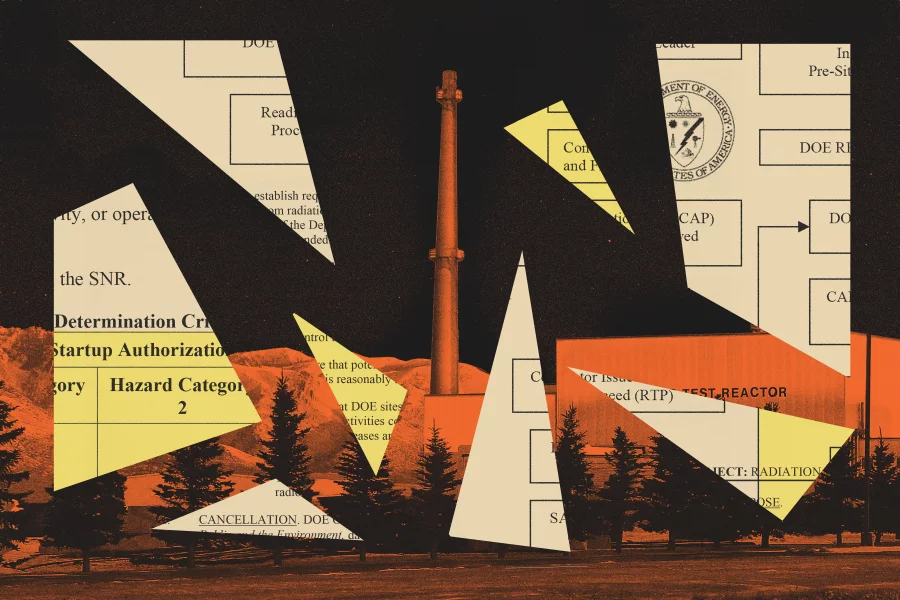 Biofuels have buzz in the military because the Air Force and the Navy are taking a lead role in creating a U.S. market for them. They've spent the past few years testing and certifying aircraft to run on them. Now they need hundreds of millions of gallons of biofuels to meet the goals they've set for using alternative energy by the end of this decade.
Biofuels have buzz in the military because the Air Force and the Navy are taking a lead role in creating a U.S. market for them. They've spent the past few years testing and certifying aircraft to run on them. Now they need hundreds of millions of gallons of biofuels to meet the goals they've set for using alternative energy by the end of this decade.
The challenge for the new industry is to find money to ramp up from nearly zero today. The Department of Defense has called for biofuels that don't displace food, don't use up fresh water, yield less greenhouse-gas pollution than conventional fuels and cost the same. About a dozen companies that want to make this jet fuel for the global market have exhibits for the first time this year at the Paris Air Show, which began Monday.
The potential market is huge, for military and commercial aviation. President Barack Obama in March gave the job of helping the private sector do this to the Departments of Energy, Agriculture and the Navy.
National security is the main reason to move off oil dependence, according to Navy Secretary Ray Mabus.
"Our military depends too much on fossil fuels," Mabus, a former Mississippi governor and ambassador to Saudi Arabia, said at a recent business conference. Oil comes from volatile places, and its price spikes eat into the military budget, Mabus said. As world demand for oil rises, it's likely to become more expensive, so the military is seeking alternative fuels.
The main thing the Navy brings is a market, Mabus said. But the price, he added, "is going to have to be pretty competitive with fossil fuels."
The cost of biofuels now is about $35 a gallon, 10 times the cost of conventional jet fuel.





 Donald Trump has vented his fury against a green energy deal between the British government and...
Donald Trump has vented his fury against a green energy deal between the British government and... The Trump administration has overhauled a set of nuclear safety directives and shared them with the...
The Trump administration has overhauled a set of nuclear safety directives and shared them with the... For those who did not manage to buy portable gas heaters and stoves, firebricks have become...
For those who did not manage to buy portable gas heaters and stoves, firebricks have become...






























